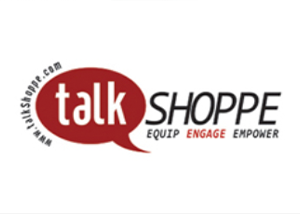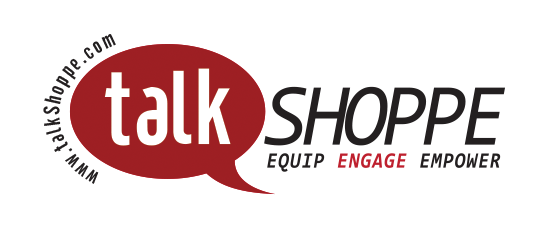Dr. George Lucas is a best-selling author and well-known national speaker with US Learning in Memphis, TN. He presents his wisdom and experience helping business professionals build their skills and coaching them in real world negotiations. On a Wednesday morning in August 2012, Dr Lucas made a brief, power-packed presentation to Talk Shoppe at the Better Business Bureau. Here are some of the ideas he gave the Talk Shoppe audience to be more effective and efficient negotiators.
Negotiation is the process through which two or more parties work in an effort to reach an agreement. Negotiation involves two or more sessions. It is important that you know who the decision maker is for the other party before moving fully into the process.
Today’s successful negotiators are problem solvers. What helps make many salespeople great is the ability to identify and solve customer’s problems without utilizing blatant sales tactics.
Your service should not be treated as a commodity. Look at the big picture on the wide-angle lenses. When someone is looking simply at price, they are not looking through the wide angle lenses and they miss the biggest part of the deal. You can offer someone a high price but at very flexible terms, which ultimately can get you exponentially the better deal.
For example, a person selling a house who is fixated on getting a high price, may jump at the highest bid for his home without looking at the details on the terms. Only after instantly accepting the high bid did the seller realize that the lower priced offer would have been better for him because the highest bidder asked for thousands more in repairs to be done and paid for by the seller.
1. Preparation. Sun Tzu says not to go into a battle you have not already won. Prepare to negotiate. Prepare by researching the information. Prepare for the face-to-face by practicing. Prepare for the post-meeting because this will set you up for a successful future negotiation.
2. Practice. Now that we know what we are going to do, practice in front of a mirror on your presentation. You double your effectiveness and efficiency when you go through it the second time. The Olympic athletes prepare for years for a performance that may only last 3 minutes or even a few seconds.
3. Active listening. The key word is “active.” Listening is not a passive activity. There are four steps to active listening. One step is to ask good questions that let the other party know that you are informed and interested. A second step is to engage in learning the other side’s problems and prepare ahead of time possible solutions. A third step is to hold your tongue and let the other side talk. Think before you answer their questions. A fourth step is to probe the answer from the other party.
4. Summarize what you have heard. Repeat back the other side’s points to them. You are demonstrating to the other side that you were listening. It is helpful too because clarification can help the negotiation be more efficient.
For more help with tips and also determining the four negotiating types, contact George Lucas at US Learning. (901) 767-0000 and www.USLearning.com
If you need help with negotiation, Dr. George Lucas, a leading trainer and coach, can offer tips on how to overcome “Negotiaphobia.” Acquire skills that are guaranteed to increase your respect as a negotiator both inside and outside your business.





